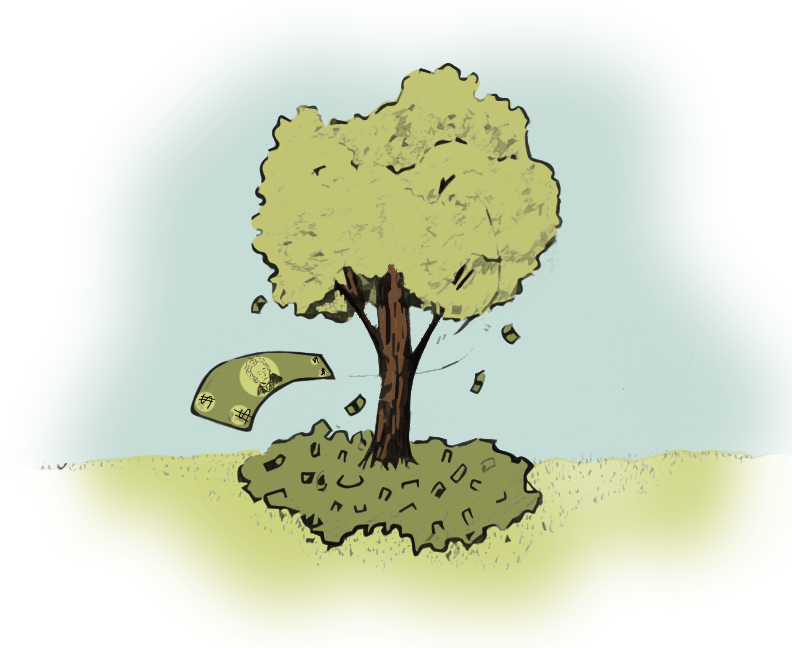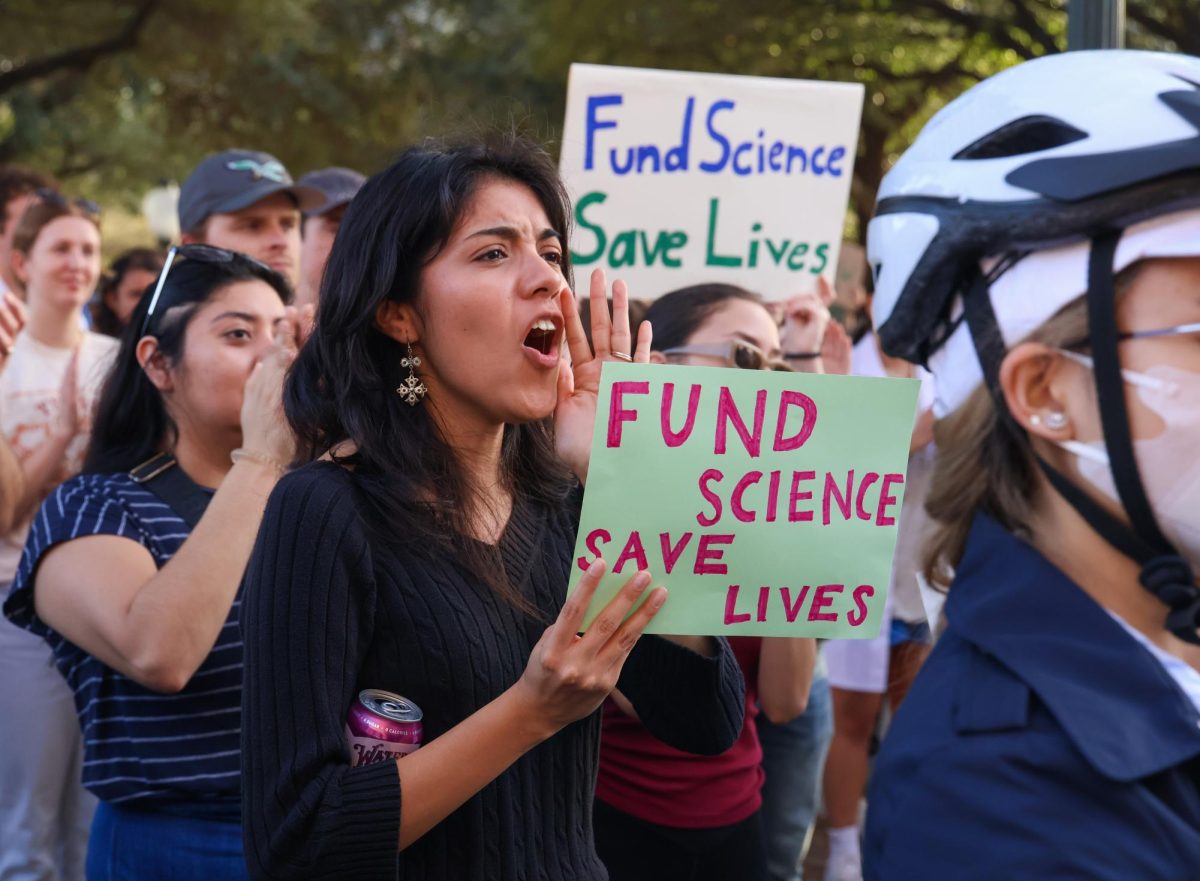The Joint Sustainability Committee passed a resolution Monday proposing a new climate fee to help the city of Austin reduce greenhouse gas emissions and fund sustainability projects.
According to the resolution, the committee estimated implementing the Austin Climate Equity Plan and associated sustainability projects would cost around $2.5 billion in initial costs and $96.14 million in ongoing costs. Current funding toward these plans is insufficient.
The city’s different departments, including Austin Water and Austin Energy, already charge fees that help fund environmental initiatives, and the committee is exploring possibly increasing an existing fee or creating a new fee dedicated to climate projects, said Kaiba White, a member of the Joint Sustainability Committee.
“There (are) lots of options, and we need to do something if we’re going to meet the urgency of the climate crisis,” said White, a climate policy and outreach specialist for advocacy organization Public Citizen’s Texas office.
Rodrigo Leal, a member of the Joint Sustainability Committee and a UT energy and earth resources graduate student, said a climate fee would provide supplemental funding for projects to address environmental priorities and allow the committee to start scoping out larger projects.
“We need something that’s steady, that’s reliable and that’s substantial so that we can actually start making some of these larger investments that are a little bit more capital intensive,” Leal said.
White said there is a lengthy list of projects adopted in the city’s environmental plans that need more funding, including addressing plastic waste and transitioning Austin’s businesses to composting.
“Fundamentally, the purpose (of the fee) is to try to close the gap between the established climate and environmental policy goals and the funding available to actually implement the strategies needed to meet those goals,” White said.
Climate has not typically been at the forefront of the City Council’s priorities in the past years, as the city has prioritized other urgent issues, including providing social services and addressing homelessness, Leal said.
“When you throw climate in the mix, it’s kind of fighting with other priorities for funding,” Leal said. “And I don’t know if the City Council has really figured out a way to make sure that climate change doesn’t get forgotten and understand that it’s actually something that could be complementary to these other priorities.”
The committee has not decided on a specific fee structure, but they want to avoid adding financial stress to Austin’s lower-income residents, especially as the cost of living has gone up, Leal said.
“The last thing people need is, ‘Oh, let’s here’s an additional fee to tack on to your everyday expenses,’” Leal said.
Leal said the next step for the fee proposal is to work with the city’s law department and community to see what fee structure would be feasible and progressive for Austin’s legislative and political state.
“We’ll probably need to have significant buy-in from the community and have community involvement in designing what this fee looks like so that (the) City Council could then come up with a proposal for that fee structure, but it’s still early,” Leal said.














